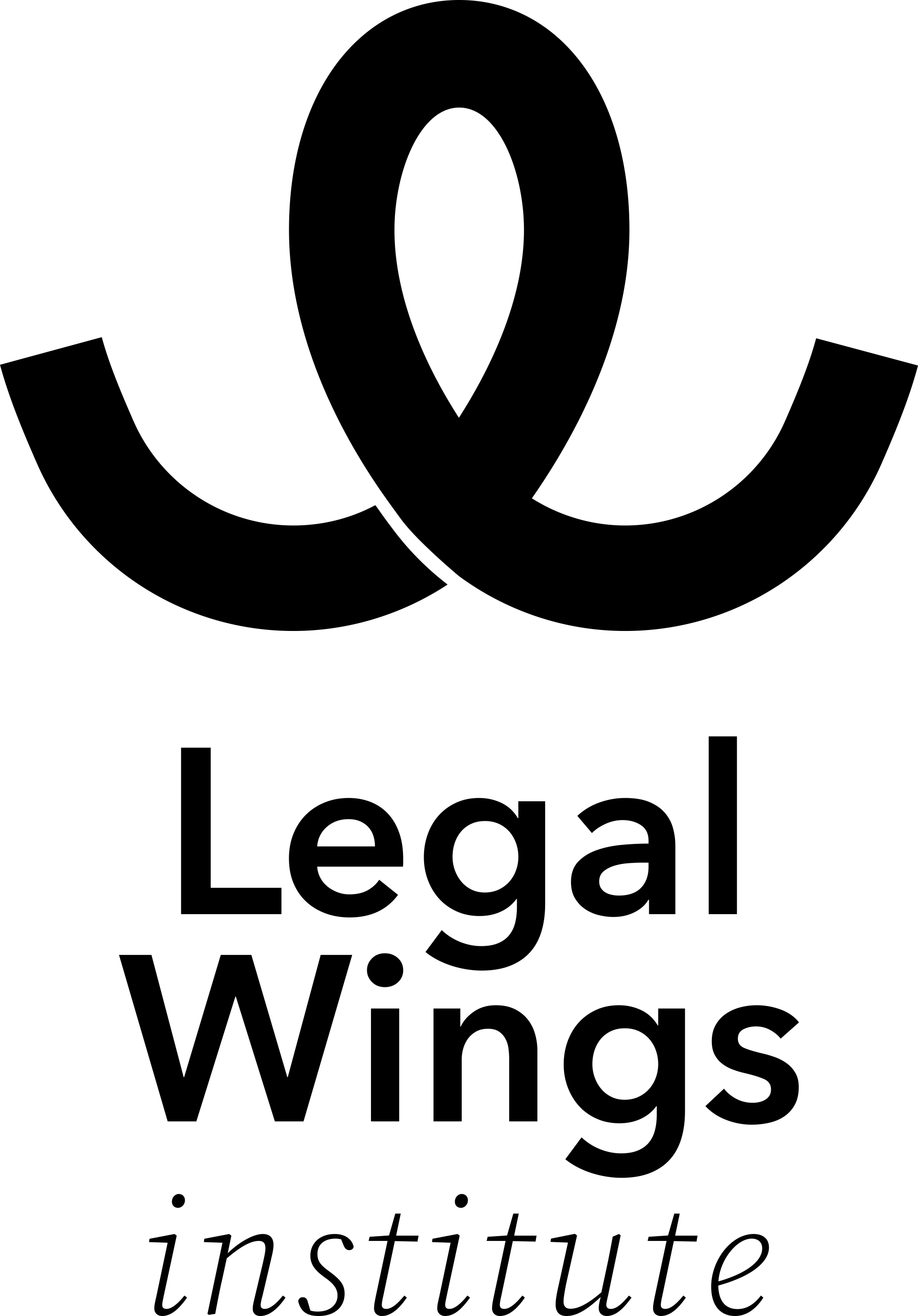Ethics and
fundamental
rights
in technology
and digital
markets


Practice Areas
-
Artificial Intelligence is a promising technology and should drive the global economy. Still, it needs to be developed and implemented responsibly for the benefits to be achieved and for organizations to protect their reputation as trustworthy providers and operators of these systems. Understanding that technology is crucial to finding suitable solutions that balance the benefits and risks involved. Our approach to work involves legal expertise and technical knowledge of computer logic and machine learning.
-
The digitization of nearly all social and economic interactions entails an increasingly extensive handling of personal data, in various contexts and forms of use, with ever-advancing processing technologies (including artificial intelligence), which can raise uncertainty regarding the purposes of processing, even leading to investigations and inquiries. Seeking appropriate technical and organizational measures for different contexts and technologies is essential to align innovation and data ethics. Our working approach incorporates knowledge of privacy, fundamental rights, and information security.
-
With the digitization of markets, competition law will be increasingly intertwined with the regulation of new technologies, not only because the dynamics of innovation are a critical factor in current antitrust analysis but also due to the growing importance of data control and the use of artificial intelligence in business models. Our working approach aims to understand the interfaces between data protection, competition protection, consumer defense, and sectoral regulation.
-
Regulation is essential for balancing efficiency, quality, and investment incentives. Understanding the specifics of regulation in each sector is crucial for a company to compete efficiently and safely in its markets. In digital markets, this still-emerging regulation is undergoing rapid development, presenting new challenges. We have extensive experience representing clients in both traditional markets (oil and gas, aviation, land transportation, healthcare, pharmaceuticals, payment methods) and digital markets (including blockchain, generative AI, open banking, and cloud computing).
-
Energy transition has gained increasing importance due to the global need to mitigate climate change and reduce greenhouse gas emissions. More and more governmental and private initiatives seek institutional and technological solutions that involve shifting from fossil energy sources to renewable and sustainable ones. In this context, we aim to provide support on regulatory, environmental, and contractual issues, ensuring compliance with current legislation and mitigating risks associated with the transition to a low-carbon economy.








